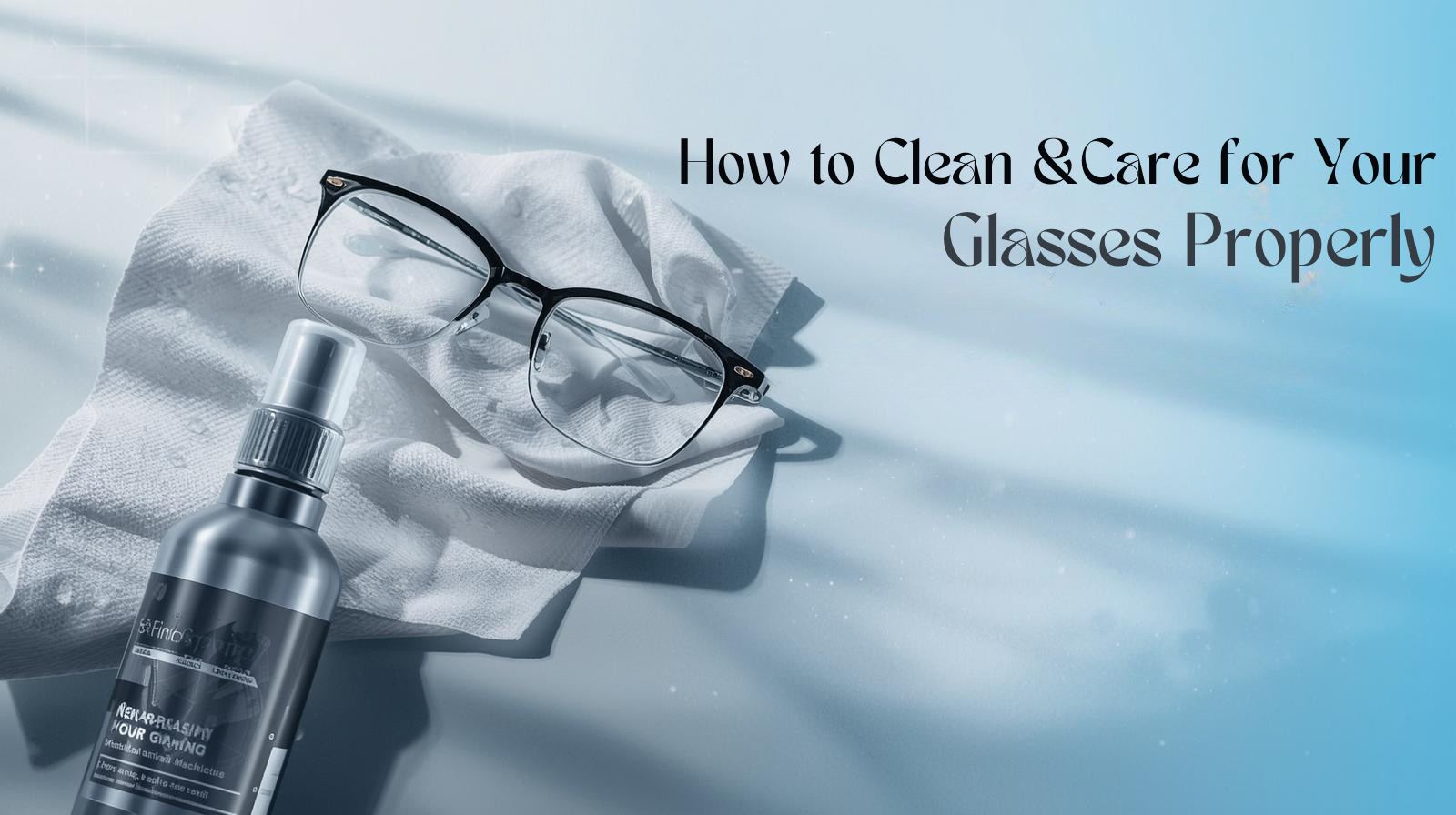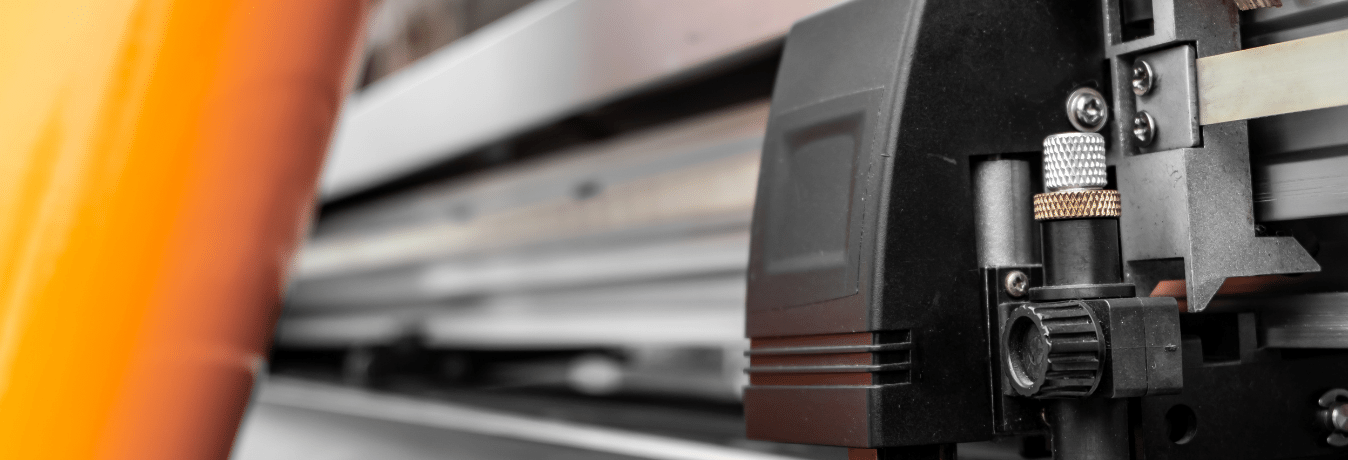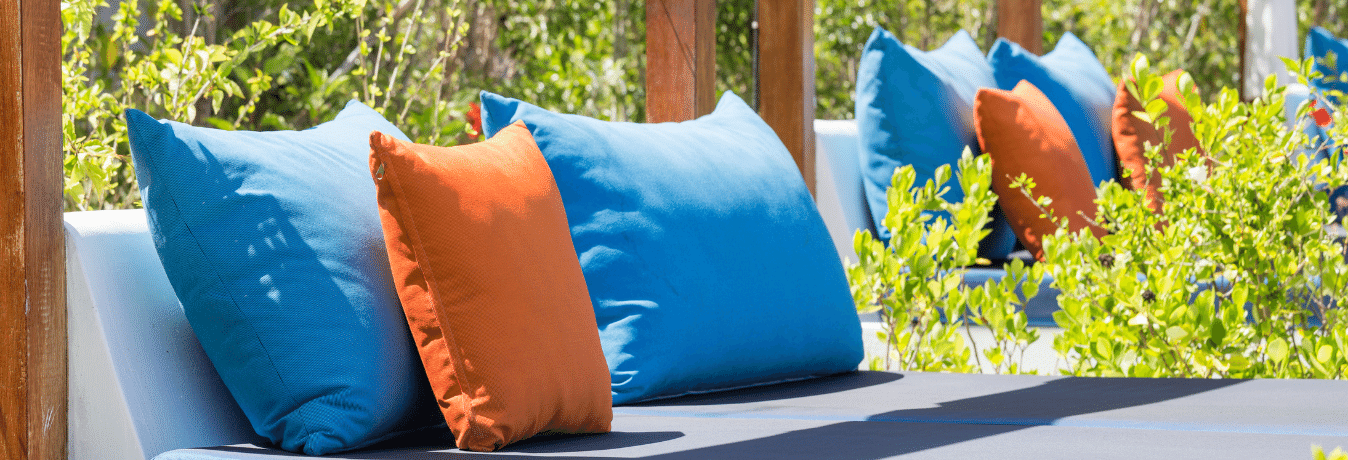How to Clean & Care for Your Glasses Properly

How to Clean & Care for Your Glasses Properly
Knowing how to clean eyeglasses correctly is the first step toward maintaining clear vision and extending the life of your eyewear. Smudges, dust, and fingerprints are not just annoying; they can obstruct your sight and even cause eye strain over time. Proper cleaning and care prevent scratches on your lenses and damage to your frames, ensuring your investment serves you well. This guide will walk you through the best practices for keeping all your glasses, from daily readers to specialized pairs, in pristine condition. We'll cover everything from the right cleaning solutions to the best storage methods, so your view of the world remains crystal clear.
The Essential Toolkit for Sparkling Lenses
Before you begin, gathering the right tools is crucial. Using the wrong materials, like the corner of your shirt or a paper towel, can cause microscopic scratches that accumulate over time, permanently damaging your lenses. For a safe and effective clean, you need a few simple items. A gentle, lotion-free dish soap is perfect for breaking down oils and grime without leaving a residue. You will also need lukewarm running water, as hot water can damage lens coatings. Finally, a clean, lint-free microfiber cloth is non-negotiable. These cloths are designed to trap dust and absorb oils without scratching the lens surface. Avoid using fabric softeners when washing these clothes, as they can leave a film on your lenses.
A Step-by-Step Guide to Cleaning Your Glasses
Once you have your supplies, follow this simple process for a perfect clean every time. Start by rinsing your glasses under a gentle stream of lukewarm tap water. This initial rinse washes away loose dust and debris, preventing you from grinding it into the lenses during the cleaning process. Next, apply a small drop of lotion-free dish soap to each lens. Gently rub both sides of the lenses and all parts of the glasses frames, including the nose pads and earpieces, with your fingers. These areas often accumulate the most oil and dirt from your skin.
Rinse your glasses thoroughly under lukewarm water again to remove all soap. If any soap is left behind, it can cause streaks. After rinsing, gently shake the glasses to remove most of the water. Then, carefully dry the lenses and frames with your clean, lint-free microfiber cloth. Inspect the lenses in the light to ensure there are no remaining streaks or smudges. If you see any, a quick buff with a dry section of your microfiber cloth should clear them up.
FAQ: Can I use rubbing alcohol to clean my glasses?
Answer: It's best to avoid rubbing alcohol, as it can be too harsh and may strip away the protective coatings on your lenses, especially on blue light glasses or prescription sunglasses.
Special Care for Different Types of Eyewear
While the basic cleaning method works for most eyewear, some types require special attention. Your cleaning and maintenance routine should adapt to the specific needs of your glasses, whether they are stylish frames or functional gear.
Maintaining Your Fashionable Cat Eye Glasses
Frames with unique shapes, like cat eye glasses, can have intricate details or embellishments where dust and makeup can build up. When cleaning your cat eye glasses, pay extra attention to the corners and any decorative elements. Use a soft brush, like a clean makeup brush or a soft-bristled toothbrush, to gently dislodge debris from these tight spots before washing. Because cat eye glasses are a style statement, keeping both the lenses and the frames immaculate is key to their appeal.
Prism Glasses: Handling with Precision
Prism glasses are prescribed to correct specific vision problems like double vision and require precise alignment to work correctly. When cleaning prism glasses, handle them with extra care to avoid misaligning the frames, which could alter their effectiveness. Always hold the frame securely by the bridge as you clean the lenses. Since the lens thickness in prism glasses can be uneven, ensure you dry them thoroughly to prevent water spots that could distort your vision.
FAQ: How often should I clean my glasses?
Answer: For optimal clarity, you should clean your glasses daily, or whenever you notice smudges or dirt. A quick clean in the morning is a great habit.
Cleaning Protective and Sports Eyewear
Protective eyewear is built to be durable, but it still needs proper care to function effectively and last longer. Dirt, sweat, and grime can compromise both visibility and comfort.
How to Clean Your Motorcycle Glasses
Riding exposes your eyewear to bug splatter, road grime, and dust. Because of this, knowing how to clean your motorcycle glasses is vital for safety. After a ride, it's best to let them soak in warm, soapy water for a few minutes to loosen dried-on debris. This prevents you from scratching the lenses while trying to scrub off stubborn spots.
Never use paper towels or your glove to wipe your motorcycle glasses on the go, as this can easily scratch the lenses.
Always carry a small microfiber cloth and a travel-sized lens cleaning spray specifically designed for polycarbonate lenses, which are common in motorcycle glasses.
Check for any damage to the foam or rubber seals, as these are crucial for keeping wind and debris out of your eyes.
Keeping Your Sports Glasses in Top Shape
Sweat, dirt, and sometimes even grass stains are common issues for sports glasses. These glasses often feature special coatings like anti-fog or hydrophobic layers that can be damaged by improper cleaning.
Rinse sports glasses with clean water immediately after use to wash away sweat, which can be corrosive.
Follow the manufacturer's cleaning instructions, as some sports glasses may have specific requirements.
Allow them to air dry completely before storing them to prevent moisture from degrading the frame materials or nose pads.
Common Mistakes to Avoid
Many people unknowingly damage their glasses with bad cleaning habits. To protect your eyewear, avoid using your shirt, tissues, or paper towels to wipe your lenses. These materials are abrasive and will cause scratches. Also, steer clear of household cleaners like window cleaner or ammonia-based products. These chemicals are far too strong and can strip away lens coatings on your prescription sunglasses or reading glasses. Finally, never leave your glasses on a hot dashboard in your car. Extreme heat can warp plastic glasses frames and damage lens coatings. Proper storage in a hard-shell case is the best way to protect your glasses when you are not wearing them. Following these simple rules will keep all your eyewear, including your valuable blue light glasses, looking and performing their best.





